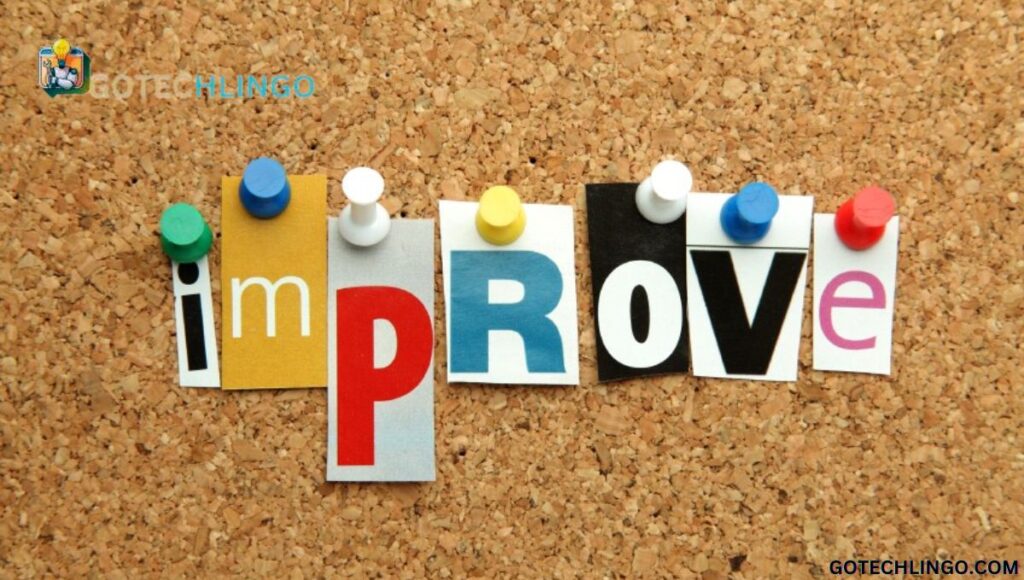Life’s about constant growth, isn’t it? When we’re searching for ways to describe pushing beyond our current state, the phrase “next level” might feel a bit worn. Let’s explore fresh, dynamic alternatives that’ll energies your vocabulary and inspire action.
Main Points
Here’s a quick overview of what makes these alternatives powerful:
- Each term carries unique contextual weight
- Different words suit various professional and personal scenarios
- These alternatives help avoid repetitive language
- Many options work across multiple industries and situations
Elevate

It brings a sense of upward momentum that’s both graceful and purposeful. When you’re looking to take something to the next level, elevation suggests a refined approach to improvement.
Consider these practical applications:
- Business context: “We need to elevate our customer service approach”
- Personal development: “It’s time to elevate your fitness routine”
- Creative projects: “This design will elevate the entire campaign”
Advance
Advancing implies forward movement with strategic intent.
It’s particularly useful in:
- Career progression
- Scientific research
- Military strategy
- Educational achievement
Here’s a practical comparison table:
| Context | Basic Phrase | Advanced Alternative |
| Career | Move up | Advance professionally |
| Skills | Get better | Advance capabilities |
| Projects | Go forward | Advance initiatives |
Ascend
There’s something majestic about the word ascend.
It paints a picture of deliberate upward movement, perfect for describing:
- Career trajectories
- Personal growth journeys
- Spiritual development
- Athletic achievements
12 Powerful Synonyms for “Communication Skills” On Your Resume
Progress

Progress carries a sense of steady, measurable improvement. It’s less about dramatic leaps and more about consistent forward movement.
Key aspects of progress include:
- Measurable improvements
- Sustainable development
- Continuous learning
- Incremental gains
Enhance
Enhancement suggests refinement and improvement of existing qualities.
It’s particularly useful when discussing:
- Product features
- Service quality
- Personal skills
- System efficiency
Propel
13 Synonyms for “Collaborate” on Your Resume
It adds dynamic energy to your description of advancement.
It suggests:
- Forceful forward movement
- Rapid acceleration
- Intentional direction
- Powerful momentum
Improve

While seemingly simple “improve” carries significant weight when used precisely.
It’s versatile enough to describe:
- Gradual development
- Specific upgrades
- Measurable changes
- Quality increases
Upgrade
When we talk about upgrading, we’re discussing a definitive step up in quality or functionality.
It’s particularly relevant in:
- Technology implementations
- Process refinements
- Skill development
- Service offerings
Consider this upgrade path matrix:
| Level | Description | Impact |
| Basic | Foundation level | Essential functions |
| Premium | Enhanced features | Improved efficiency |
| Professional | Advanced capabilities | Optimized performance |
| Enterprise | Complete solution | Maximum potential |
Level Up
Borrowed from gaming culture, “level up” has become a powerful metaphor for personal and professional growth.
It suggests:
- Clear progression stages
- Skill mastery
- Unlocking new capabilities
- Achievement recognition
15 Synonyms for Constructive Criticism
Move Forward
Moving forward implies purposeful progression with clear direction.
It’s particularly effective when discussing:
- Strategic planning
- Personal development
- Career transitions
- Project advancement
Key aspects of moving forward include:
- Clear goal setting
- Actionable planning
- Progress measurement
- Momentum maintenance
Reach New Heights

This powerful phrase suggests achieving unprecedented success or breaking through previous limitations.
It’s often used in:
- Athletic achievements
- Business milestones
- Personal accomplishments
- Creative breakthroughs
Success Factors for Reaching New Heights:
- Clear vision
- Consistent effort
- Strategic planning
- Resilience
- Adaptability
Step Up
Stepping up combines responsibility with advancement.
It suggests:
- Taking initiative
- Accepting challenges
- Increasing responsibility
- Rising to occasions
Climb the Ladder
This classic metaphor for advancement remains relevant across various contexts:
- Career progression
- Social mobility
- Skill development
- Organizational hierarchy
Practical Application Table:
| Rung | Professional Context | Personal Growth |
| Entry | Learning foundations | Building habits |
| Middle | Developing expertise | Mastering skills |
| Upper | Leading others | Achieving goals |
| Top | Setting direction | Inspiring others |
Frequently Asked Question
What is the main purpose of using synonyms for “next level”?
To enhance communication variety and avoid repetition while expressing progression or advancement.
Which synonym is most commonly used in professional business settings?
“Elevate” is typically preferred in professional contexts due to its polished and strategic connotation.
What’s the most casual or modern synonym among the 13 options?
“Level up” is the most casual, originating from gaming culture and popular with younger audiences.
Which synonym best implies continuous, steady progress?
“Progress” best represents steady, measurable improvement over time rather than dramatic changes.
What synonym works best when describing personal development goals?
Step up works particularly well for personal development as it implies taking initiative and accepting new challenges.
Conclusion
The concept of taking things to the “Next Level” has become deeply embedded in our growth-focused culture, yet its meaning runs deeper than casual usage suggests.
Whether you’re scaling business heights, pursuing personal excellence, or transforming creative projects, having varied ways to express advancement enriches our ability to communicate progress precisely.
By expanding our vocabulary beyond conventional phrases, we open new pathways for expressing ambition and achievement. Each synonym brings its own subtle power, painting different shades of progress that can inspire, motivate and clarify our intentions.
The key lies not just in knowing these alternatives, but in wielding them thoughtfully to match our specific context and goals. After all, the journey of improvement deserves to be described with the same precision and care that we bring to the advancement itself.



